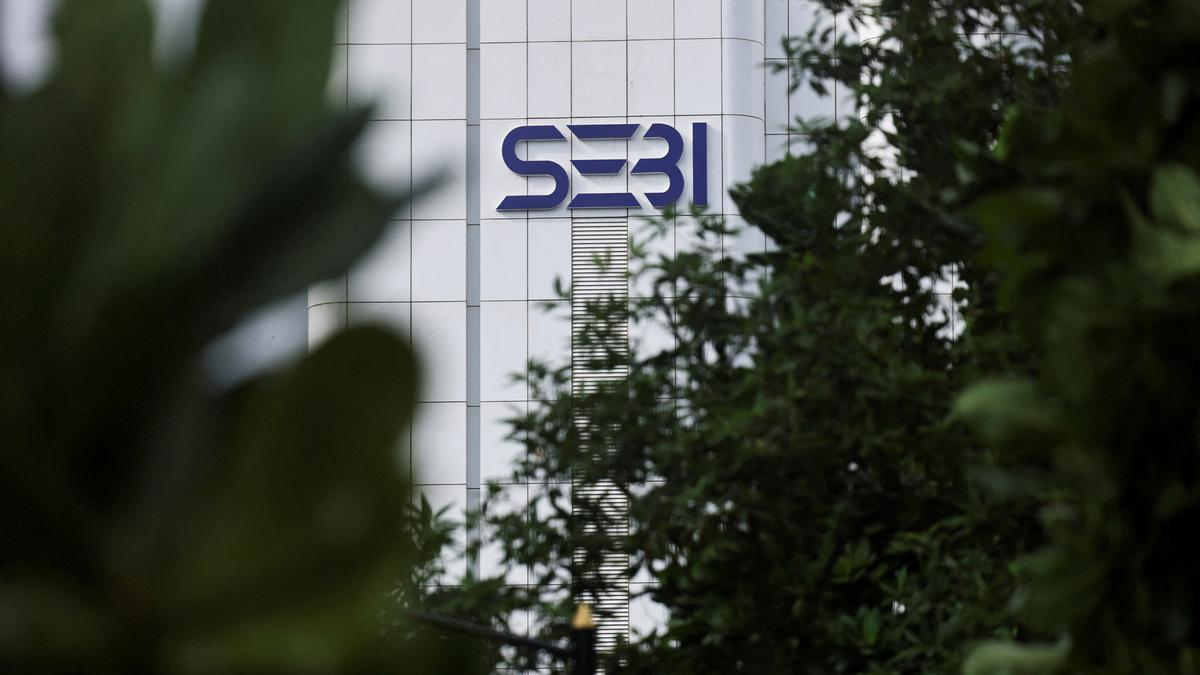Business
SEBI Unveils Framework for Enhanced Closing Auction Session

The Securities and Exchange Board of India (SEBI) has proposed a comprehensive new framework for the Closing Auction Session (CAS) in the equity cash market, aiming to enhance the process for determining closing prices of shares. This initiative will initially focus on highly liquid derivative stocks, with the intention of reducing market volatility and improving fairness for large and passive investors.
In its recent consultation paper, SEBI outlined that CAS will be implemented in a phased manner, starting with stocks that are part of the derivatives segment. The plan is to expand the framework to include all stocks based on the experience gained from the initial rollout. A CAS is designed as a short trading period at the end of the trading day to establish the final price of a security, enabling a more orderly market closure.
CAS is set to take place over a dedicated 20-minute window from 3:15 p.m. to 3:35 p.m., a change from previous proposals that suggested a session after market hours. The new structure will consist of four key phases: reference price calculation, order entry, random close, and final matching. Importantly, index derivatives will maintain their closing time at 3:30 p.m., while near-month stock derivatives will close at 3:35 p.m. on expiry days.
To ensure orderly trading, the CAS will function within a 3% band above or below the reference price, which will be calculated using the Volume Weighted Average Price (VWAP) of trades executed between 3 p.m. and 3:15 p.m.. The execution rules will also shift, prioritizing market orders over limit orders, differing from the pre-open session practices. Any unexecuted limit orders from the continuous session will automatically transition to the CAS but cannot be modified—only cancelled.
SEBI has emphasized the need for increased transparency during the CAS, proposing the sharing of real-time data such as indicative equilibrium prices, cumulative buy and sell quantities, and imbalance data. This information aims to aid participants in making informed trading decisions.
Nevertheless, SEBI has identified a potential challenge for passive mutual funds, particularly on index rebalancing days. These funds may face negative cash balances after CAS trades, as they typically avoid holding cash to minimize tracking errors. To mitigate this issue, SEBI has suggested allowing passive mutual funds to borrow overnight to address short-term liquidity needs arising from CAS trades.
The introduction of CAS in the equity cash market is slated for December 2024. This move seeks to replace the existing VWAP-based method for determining stock closing prices. In light of feedback from stakeholders and discussions within SEBI’s Secondary Market Advisory Committee, several modifications have been incorporated into the revised CAS design.
Data reviewed by SEBI indicates that CAS can provide a more stable and less volatile closing price compared to the volatility often associated with the VWAP-based methodology, even under similar trading volumes. The current VWAP method can create price distortions, particularly during index rebalancing days when large trades executed in the closing minutes can skew values. In contrast, CAS aims to enhance price discovery and execution for institutional investors by aggregating all buy and sell orders into a transparent auction.
SEBI is currently inviting public comments on the proposed framework until September 12, marking an essential step in refining and finalizing these significant changes to the equity cash market.
-

 World5 months ago
World5 months agoSBI Announces QIP Floor Price at ₹811.05 Per Share
-

 Lifestyle5 months ago
Lifestyle5 months agoCept Unveils ₹3.1 Crore Urban Mobility Plan for Sustainable Growth
-

 Science4 months ago
Science4 months agoNew Blood Group Discovered in South Indian Woman at Rotary Centre
-

 World5 months ago
World5 months agoTorrential Rains Cause Flash Flooding in New York and New Jersey
-

 Top Stories5 months ago
Top Stories5 months agoKonkani Cultural Organisation to Host Pearl Jubilee in Abu Dhabi
-

 Sports4 months ago
Sports4 months agoBroad Advocates for Bowling Change Ahead of Final Test Against India
-

 Science5 months ago
Science5 months agoNothing Headphone 1 Review: A Bold Contender in Audio Design
-

 Top Stories5 months ago
Top Stories5 months agoAir India Crash Investigation Highlights Boeing Fuel Switch Concerns
-

 Business5 months ago
Business5 months agoIndian Stock Market Rebounds: Sensex and Nifty Rise After Four-Day Decline
-

 Sports4 months ago
Sports4 months agoCristian Totti Retires at 19: Pressure of Fame Takes Toll
-

 Politics5 months ago
Politics5 months agoAbandoned Doberman Finds New Home After Journey to Prague
-

 Top Stories5 months ago
Top Stories5 months agoPatna Bank Manager Abhishek Varun Found Dead in Well









